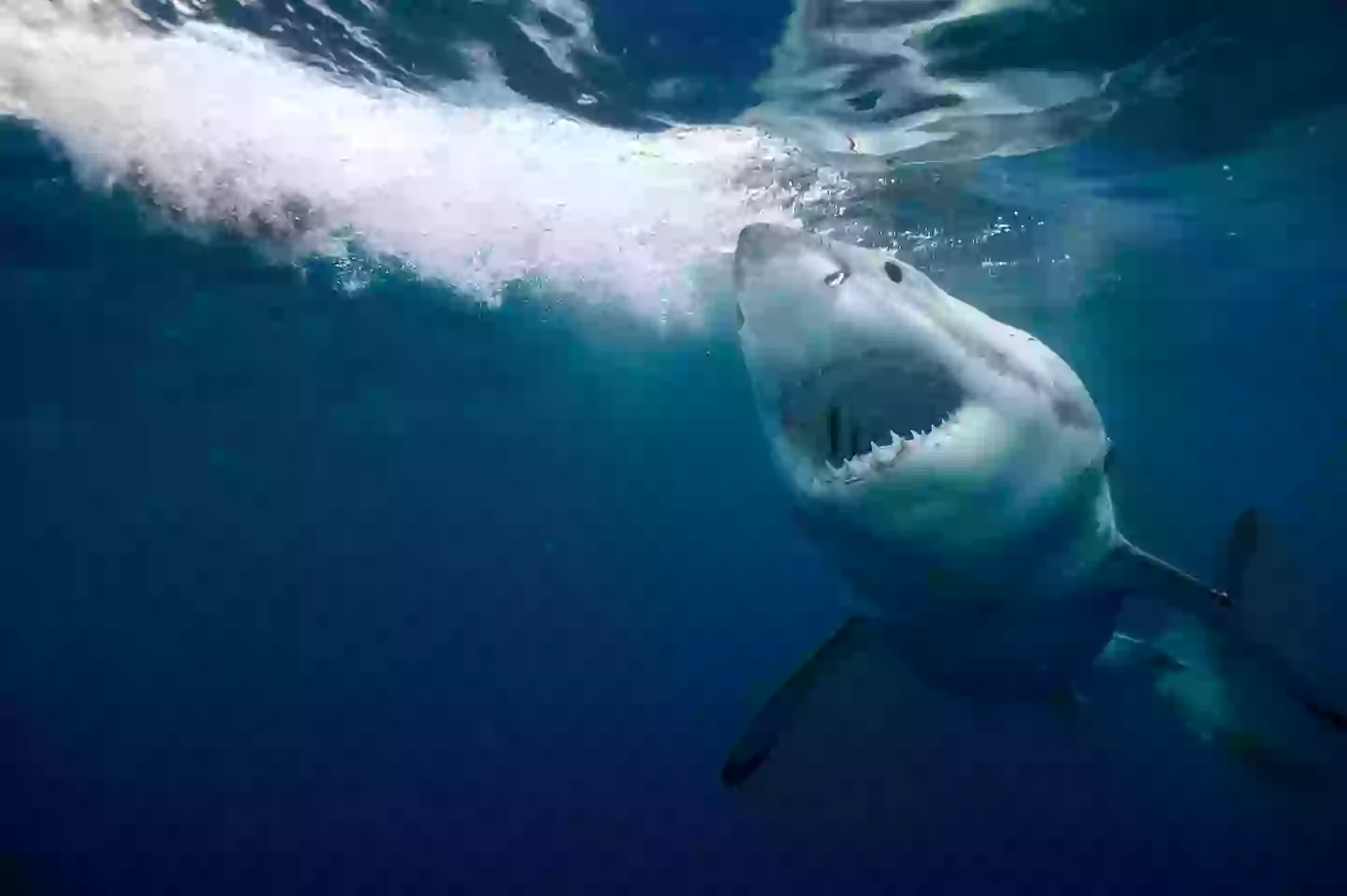Donald Trump has decided to reintroduce plastic straws despite evidence indicating their contribution to environmental issues like climate change.
In the previous year, the Biden administration announced a plan to phase out plastic straws by 2027, aiming to address issues related to global warming and pollution.
Trump dismissed these plans as ‘ridiculous’ and criticized paper straws, which are considered a more eco-friendly alternative.
“These things don’t work, I’ve had them many times, and on occasion, they break, they explode,” Trump stated. “If something’s hot, they don’t last very long, like a matter of minutes, sometimes a matter of seconds. It’s a ridiculous situation.”

Trump has now signed an executive order to revert to the use of single-use plastic straws in the United States.
Condor Ferries reports that Americans use 50 million straws daily, with 7.5 million polluting US coastlines.
Trump proposes a solution involving sharks, suggesting they consume any plastic straws that end up in the ocean.
During the signing of the order on February 11, Trump remarked: “I don’t think that plastic is going to affect the shark very much as they’re eating, as they’re munching their way through the ocean.”
Despite Trump’s remarks, the Marine Megafauna Foundation has previously outlined the detrimental effects of ocean plastics, including straws, on marine life like sharks and rays.
“Plastic waste, regardless of whether it was originally a fishing net or a toothbrush, does not disappear over time – rather, it will break up into smaller and smaller pieces,” the foundation explains on its website.
“These tiny, toxic pieces of plastic, now ubiquitous throughout the ocean, are impossible for animals to avoid. While plastic fragments have been found in the stomachs of many sharks and rays, accidental ingestion by large filter-feeders such as Manta Rays, Whale Sharks, and Basking Sharks (Cetorhinus maximus) is a particular concern.”
“Blockages and internal injuries from ingestion can be lethal,” the foundation adds.

The Save Our Seas Foundation warns that digested plastic can cause harm to sharks’ digestive tracts, leading to potential injuries and even death with prolonged exposure.
Additionally, the chemicals absorbed by plastics can be released into the tissues of marine animals like sharks and rays upon ingestion.
“Upon ingestion, these chemicals can leach into the animals’ tissue,” the foundation notes. “In other ocean wildlife groups, such as marine mammals, this is believed to suppress their reproduction.
“For sharks and rays that are already threatened with extinction, […] the possibility of a similar inhibitory effect is a significant concern.”
A study conducted in 2020 on UK sharks found that 67 percent had ingested microplastics and man-made fibers, according to the Marine Conservation Society. Lead author Kristian Parton stated that the impact of plastic pollution on sharks requires further research.

